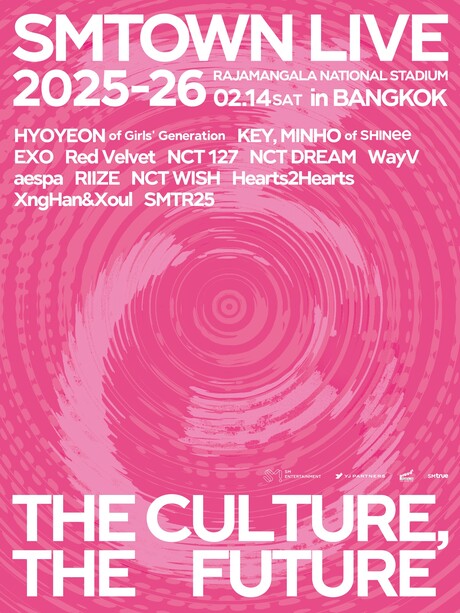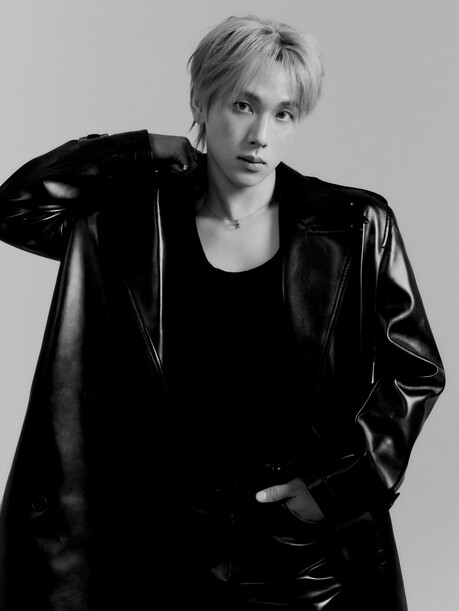Expectations are growing that China may finally ease its long-standing restrictions on Korean pop culture, known as the hallyu ban, following the first Korea-China summit under President Lee Jae Myung's administration. K-pop superstar G-Dragon could become the first cultural figure to benefit from this potential thaw, as he prepares to open a major exhibition in Hangzhou later this month. The development comes after Chinese President Xi Jinping personally watched G-Dragon's performance at the Asia-Pacific Economic Cooperation (APEC) summit dinner in Gyeongju, North Gyeongsang Province, on October 31.
G-Dragon will hold a media art exhibition titled "Ubermensch" from November 15 to December 7 at Hangzhou Center in Zhejiang Province, according to Chinese cultural industry sources. The innovative show uses cutting-edge digital technologies including artificial intelligence and virtual reality to bring the message of G-Dragon's third studio album to life through visual art. The exhibition originally premiered at The Hyundai Seoul in March before successfully touring Tokyo, Osaka, Taipei, and Hong Kong, drawing strong audiences at each stop.
News of the Hangzhou exhibition has already generated significant buzz on Chinese social media platforms, particularly Xiaohongshu, where fans are expressing excitement about the potential show. However, the path to China hasn't been smooth for the exhibition. The show was initially scheduled to begin its world tour in Shanghai in May, with official promotional posters and press materials already distributed to the public. The plan was abruptly delayed due to permit issues with Chinese authorities, leaving organizers uncertain about when they could bring the exhibition to mainland China.
Industry officials reveal that organizers have been strategically waiting for the right political moment to reschedule the Shanghai show. They deliberately aligned the timing of the Hangzhou exhibition with the recent APEC summit and Xi Jinping's visit to Korea, hoping this diplomatic progress would help them gain approval for the mainland debut. This calculated approach appears to be paying off, as the exhibition is now moving forward in Hangzhou.
The recent Korea-China summit has provided encouraging signals for cultural exchange between the two nations. During the meetings, both leaders agreed to expand cultural and people-to-people exchanges, marking a potential shift in China's approach to Korean cultural content. National Security Adviser Wi Sung-lac emphasized after the November 1 summit that "the leaders discussed the importance of expanding exchanges and cooperation in culture." At the APEC dinner on Friday, Xi Jinping was observed conversing with President Lee while watching G-Dragon's performance, suggesting a more relaxed attitude toward Korean entertainment.
Signs of change are beginning to emerge within China's cultural landscape as well. A Chinese business outlet reported on November 2 that although Beijing has never officially acknowledged the existence of the hallyu ban or announced its lifting, the market is sensing a gradual shift in policy. The report noted that "permissions for K-pop artists to perform in mainland China are loosening, and major ticketing platforms are beginning to promote upcoming Korea-China entertainment events," describing this as "a signal of recovery for the industry."
If G-Dragon's Hangzhou exhibition proceeds without complications, it could serve as an important early indicator of a broader easing of China's restrictions on Korean cultural content. The success of this exhibition would likely open doors for other Korean artists and cultural figures who have been waiting for opportunities to enter the Chinese market. Industry observers are closely watching this development as a potential bellwether for the future of Korea-China cultural relations.
However, some experts are urging caution despite the positive developments. While both leaders expressed strong support for greater cultural exchange during their summit, the specific details of how these policies will be implemented remain unclear. An official from a Korean cultural organization in Beijing provided a measured assessment, stating, "China clearly recognizes the importance of cultural and human exchanges, so a gradual opening seems likely. But the pace and method are key."
The same official added important context about the likely progression of any policy changes, explaining that "while small-scale or controllable events may proceed, it may still take time to fully reopen large commercial pop culture shows." This suggests that while G-Dragon's art exhibition may be approved as a cultural exchange, larger commercial K-pop concerts and entertainment events may still face restrictions as China carefully manages the reopening process. The coming weeks will reveal whether this cautious optimism about easing cultural restrictions will translate into concrete policy changes.






























